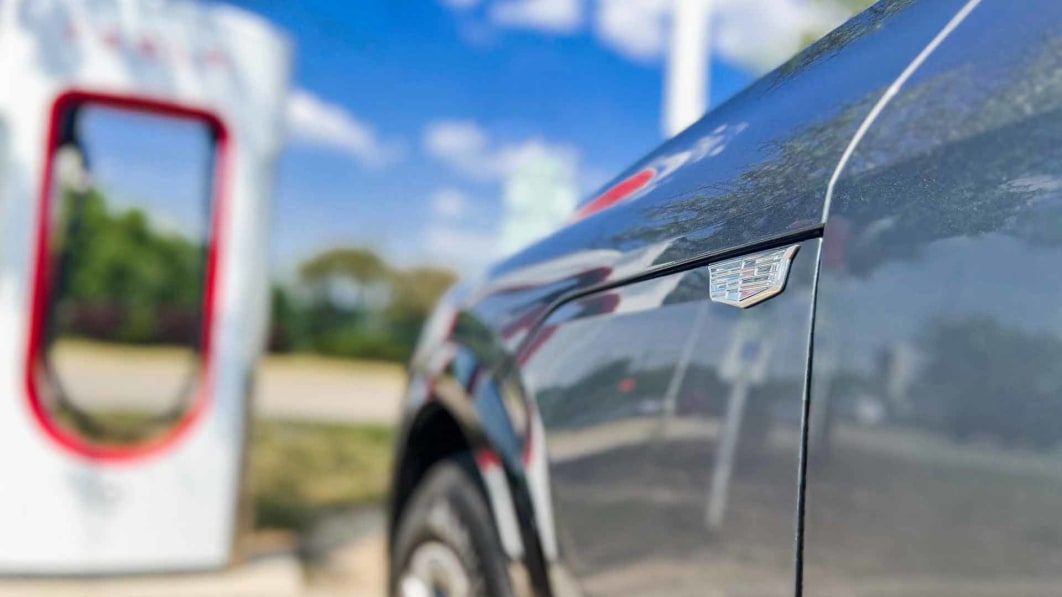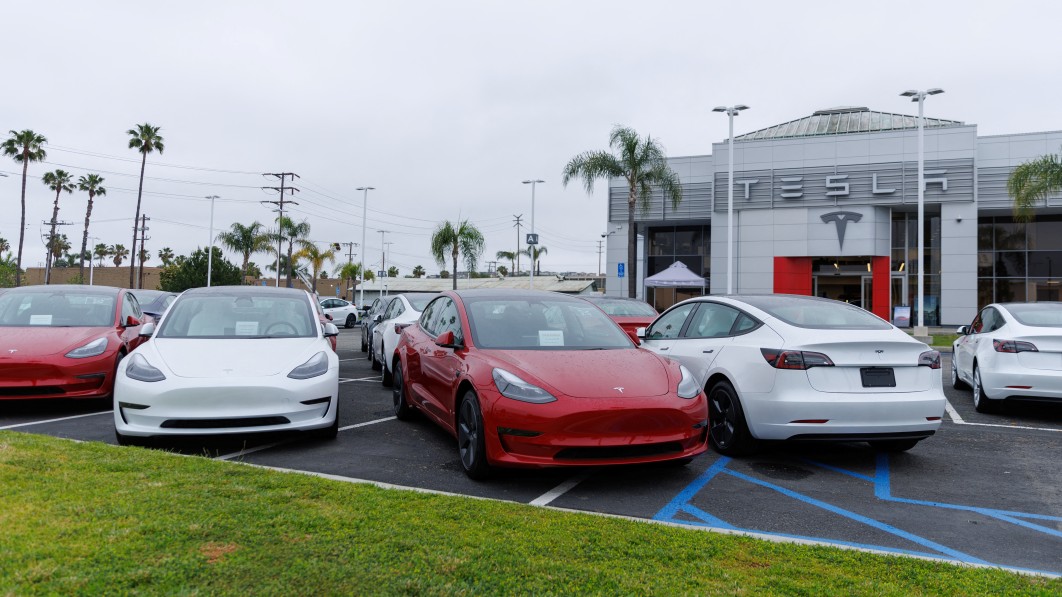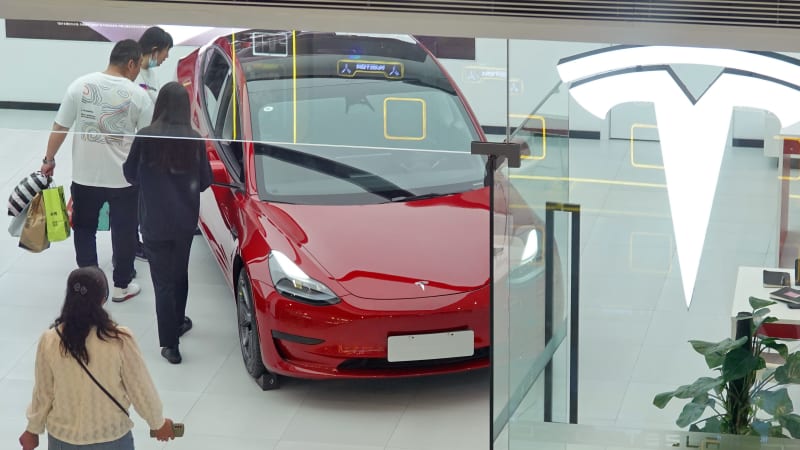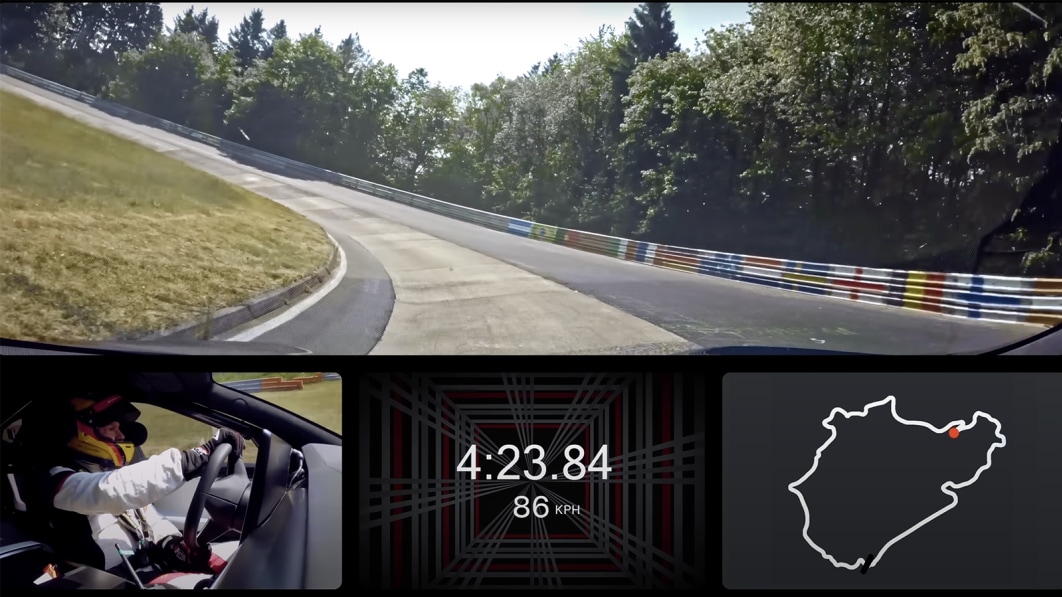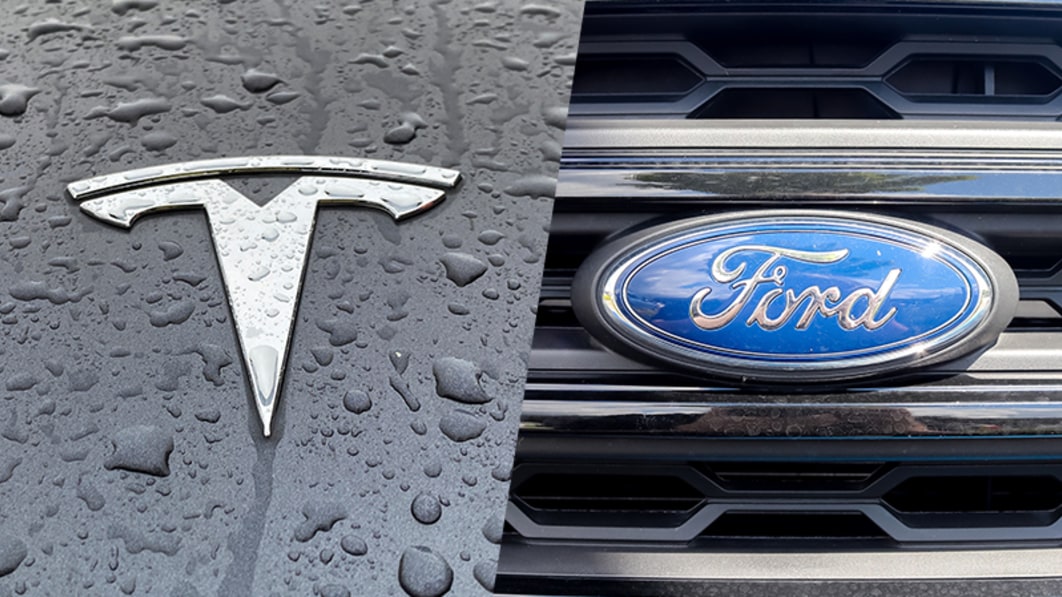The G6's pre-sale starting price is RMB 38,900 lower than the Tesla Model Y and RMB 84,900 lower than XPeng's flagship SUV, the G9.

(Image credit: CnEVPost)
XPeng (NYSE: XPEV) has begun pre-sales of its highly anticipated new SUV, the G6, at a price significantly lower than the rival Tesla Model Y.
Pre-sales for the G6 start at RMB 225,000 ($31,610), XPeng announced today on Weibo.
For comparison, the model's direct competitor, the Tesla Model Y, is currently offered in China in three versions starting at RMB 263,900, RMB 313,900, and RMB 363,900 respectively.
This means that the XPeng G6 starts at RMB 38,900 less than the Model Y. The G6 is also RMB 84,900 less than the XPeng flagship SUV, the G9, which starts at RMB 309,900.
It is important to note that the pre-sale price is not the final price and XPeng may offer new pricing based on consumer feedback when the G6 is officially launched.
Consumers who pay RMB 2,000 to reserve the XPeng G6 now will receive an RMB 5,000 discount when they pay for the car.

The XPeng G6 will be officially launched in June, with volume deliveries starting in July, and production capacity will climb rapidly, its management said in a May 24 analyst call after announcing first-quarter earnings.
The G6 will be a hot seller in China's new energy SUV market priced in the RMB 200,000 to 300,000 range, and will enable XPeng's total deliveries to grow well above the industry's pace in the third quarter, the company said.
The G6 has been set aside about two months from the start of production to delivery, and XPeng expects the model to reach more than double the sales of the P7i, its management said.
That means XPeng management expects monthly sales of the G6 to reach 6,000-8,000 units, Deutsche Bank analyst Edison Yu's team said in a research note sent to investors on May 30.
XPeng will likely price the G6 significantly lower than the Model Y, hoping to attract consumers with a sleeker design and updated interior, the team said, adding that the Zeekr X is already taking that approach with a starting price of just RMB 190,000.
XPeng unveiled an architecture called SEPA (Smart Electric Platform Architecture) 2.0 at a technology conference in Shanghai on April 16, saying the G6 will be the first model built on it.
On April 18, XPeng officially unveiled the G6 on the first day of the Shanghai auto show, saying that the G6 is the ultimate form of car before fully autonomous driving is achieved.

The model is based on the 800 V high-voltage platform and can get a 300-kilometer range in as little as 10 minutes on a charge, XPeng said at the time. The company's other 800 V-based model is the G9.
XPeng cites the Tesla Model Y as its main competitor to the G6. The vehicle is positioned as an all-electric midsize SUV with a length, width and height of 4,753 mm, 1,920 mm and 1,650 mm, respectively, and a wheelbase of 2,890 mm, a regulatory filing in March showed.
For comparison, the Tesla Model Y has a length, width and height of 4,750 mm, 1,921 mm and 1,624 mm and a wheelbase of 2,890 mm.

($1 = RMB 7.1187)
The post XPeng begins pre-sales of G6 with starting price significantly lower than Tesla Model Y appeared first on CnEVPost.
For more articles, please visit CnEVPost.

